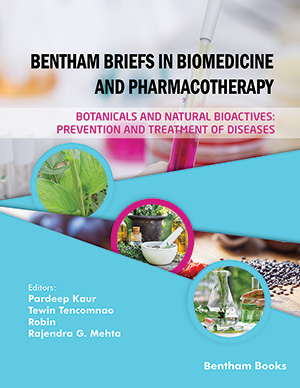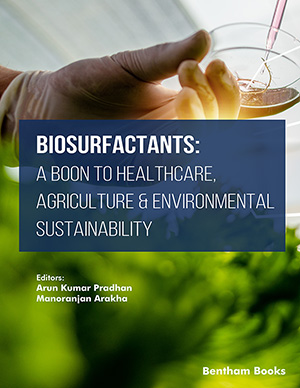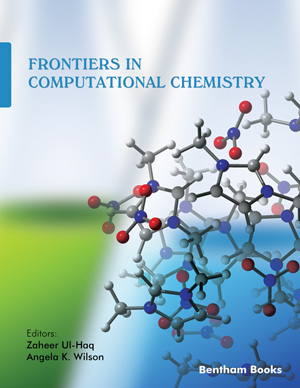Abstract
Background: Cancer is a malignant disease that causes millions of deaths each year worldwide. As one of the cancer therapeutic strategies, chemotherapy is a means to destroy rapidly dividing cells. The main problem with cancer chemotherapy is the lack of selectivity of conventional chemotherapeutic drugs, leading to toxicity towards normal cells. Therefore, the discovery of anti-cancer agents with selectivity for fast-growing cancer cells is desirable.
Objective: In this study, we report the synthesis and identification of synthesized 5-benzyl juglone as a potential anticancer agent with selectivity toward certain cancer cell lines.
Methods: An efficient synthetic method for 5-benzyl juglone was established. The proliferation of cancer cell lines and a normal cell line treated by the target compound was studied using an MTT assay. In addition, the cell cycle arrest and apoptosis were determined by flow cytometry.
Results: Based on the Diels-Alder (D-A) reaction between 3,6-dimethoxy benzyne intermediate and furan, further acid-catalyzed intramolecular rearrangement, and CAN-mediated oxidation, a convenient synthesis of 5-benzyl juglone was achieved with high overall yield. The results from in vitro biological evaluation indicated that the juglone derivative exhibited potent antiproliferative activity against HCT-15 human colorectal cancer cells with an IC50 value of 12.27 μM. It exerted high inhibitory activity toward MCF-7 human breast cancer cells and, to a much lesser extent, to corresponding MCF-10A human breast epithelial normal cells with an IC50 ratio (IC50 in MCF-7 divided by IC50 in MCF-10A) of 0.62.
Conclusion: The mechanistic investigations indicated that 5-benzyl juglone could induce cell cycle arrest at the G0/G1 phase and promote apoptosis of HCT-15 cells. The apoptotic effects possibly contributed to its higher selectivity toward cancer cells than normal cell lines.
Keywords: Juglone derivatives, chemotherapy, cell cycle analysis, apoptosis, 5-benzyl juglone, anticancer.





























